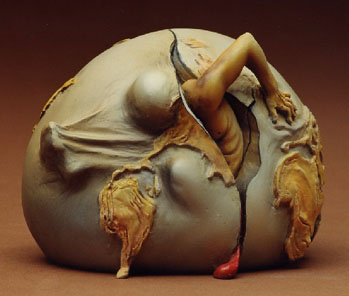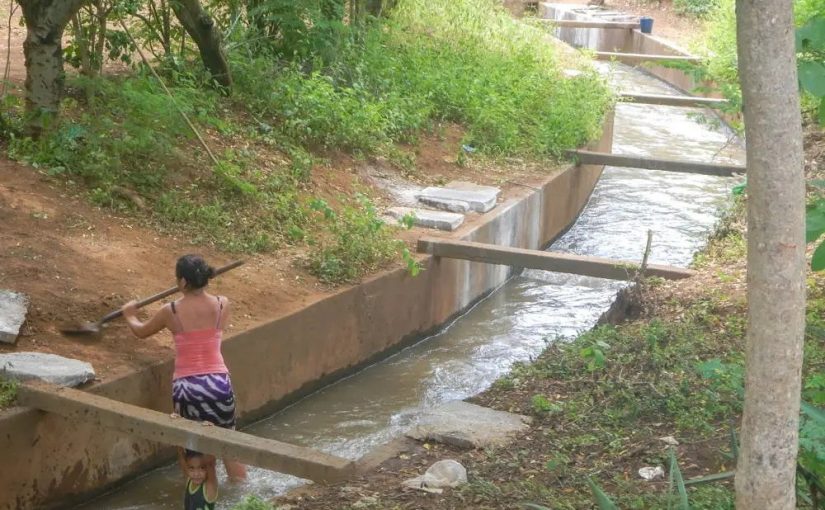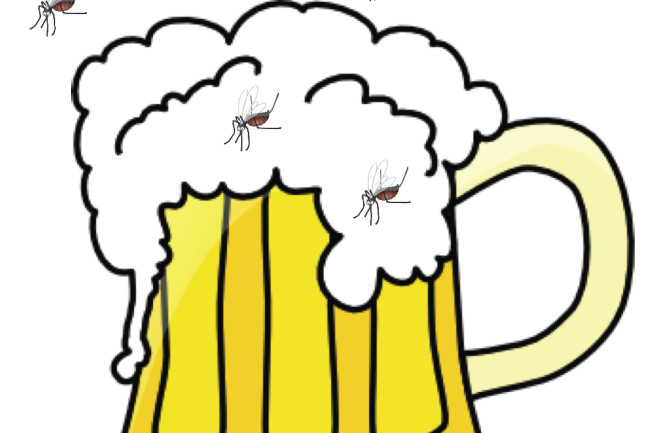In a conversation with colleagues I realised that I am not communicating well what I mean by a relationship (or I am but I am missing the point?). I often use relationship to specify one kind in contrast to others. So here I will specify what I mean when I say relationship, I mean a ‘common relationship’ by contrast to a closed relationship or a submissive relationship:



One might instead speak of independence, co-dependence, dependence, interdependence etc… However, here the purpose is to note how in a closed relationship where each party is closed off and relates through transmissions, nothing news is created. Instead only the things, the entities exist. In a common relationship the very relationship itself can be a thing in itself, and thus any thing perceived as a thing is also understood to be a relationship or web of them, hence everything is relationships, whilst also being more and less than that at the same time.



